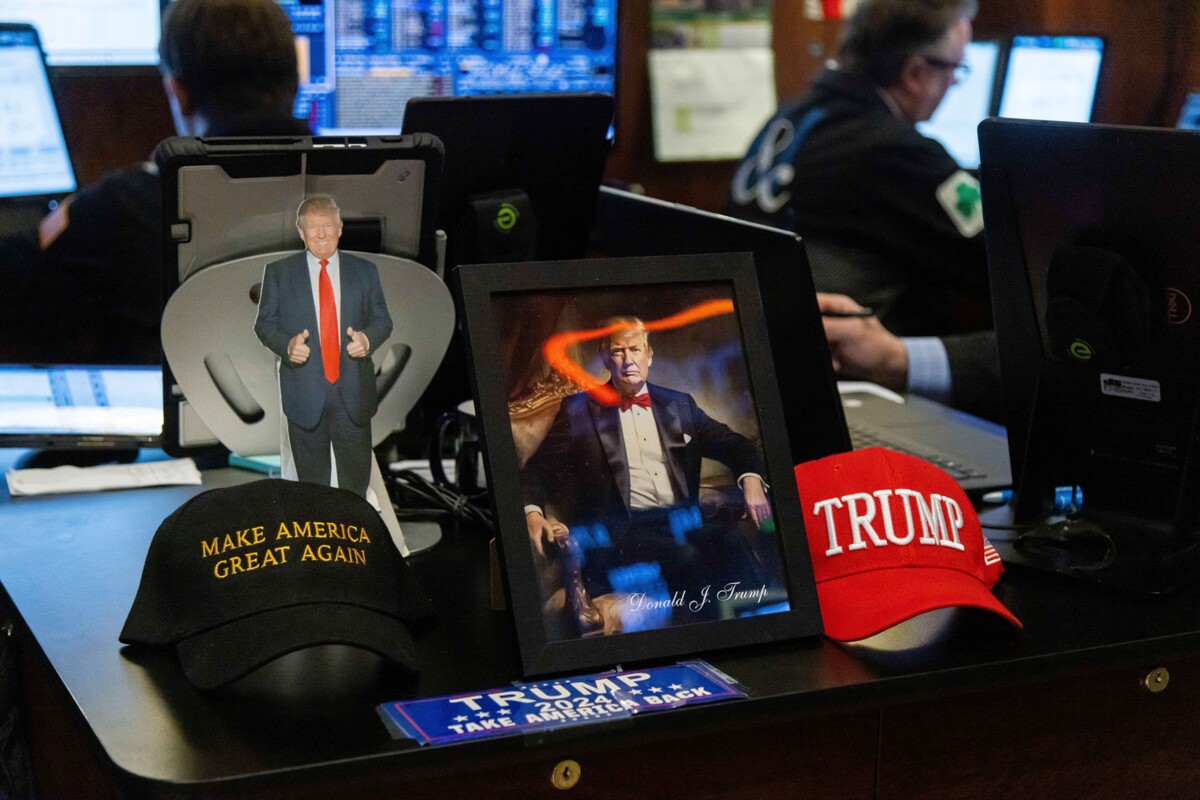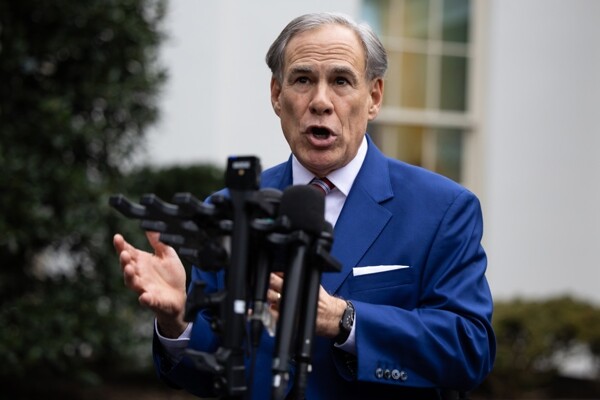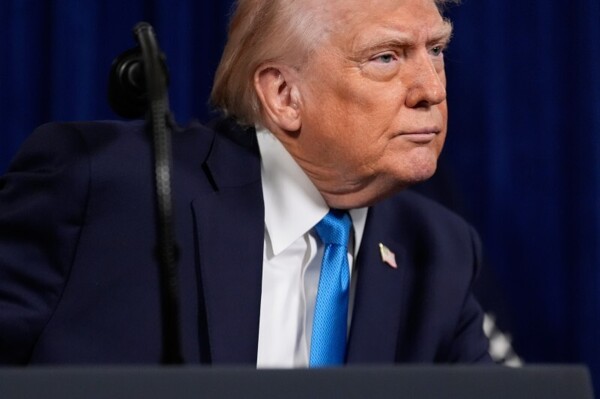
The trade balance of the United States in January has experienced a sharp increase in imports, as a result of economic agents' anticipation of President Trump's announcements. This situation has led to an increase in the trade deficit in the country. The anti-immigrant policy implemented has generated difficulties in agricultural harvesting and caused inflation in the food sector.
In contrast to Trump's declaration of "Economic Emergency" made to support his tariff decisions in the name of "National Security," the U.S. economy is showing positive signs, with a growth of 2.8 percent and an unemployment rate of 4 percent, close to "full employment." Oil prices have fallen below 70 dollars per barrel and the dollar has lost value against most currencies.
There is an intense debate among analysts and strategists about how economic growth and inflation will be affected in a scenario of global tariff war, initiated by Trump and which could extend for several more months. Companies hiring staff are primarily in acyclic sectors such as agribusiness, government, or in health and personal care areas.
There is a possibility that the Federal Reserve may need to start a cycle of interest rate increases, should a tariff war prevail. The proposed reduction of the Income Tax rate from 21 to 15 percent could be an effective measure to attract investment and jobs to the United States. However, reversing deindustrialization with tariffs is considered a primitive and ineffective approach.
The uncertainty generated by Trump has negatively impacted confidence and investment, reflected in the drop of stock market indices. The inflation scenario is affected by various factors, including the absorption of cost increases by producers and intermediaries.
Economic fluctuations have begun to manifest, with a correction in the financial markets after an initial positive week. From Bursamétrica, it is predicted that these fluctuations could lead to an increase in inflation and a reduction in economic activity. On the other hand, the staff cuts undertaken by Elon Musk have resulted in job generation and lower government demand.
The risk of global hyperinflation looms in case of an escalation of tariffs worldwide, although some indicators like job resignations remain at minimal levels. Technological advances allow for highly automated and robotic manufacturing plants, representing a new paradigm in manufacturing production.














